Switzerland Highlights National Quantum Approach Rooted in Curiosity-Driven Research and Open Innovation
At Quantum World Congress 2025, Rebekka Garreis of the Swiss Quantum Initiative outlined Switzerland’s strategic direction for quantum technologies—emphasizing a cooperative governance model, a strong research tradition, a rapidly expanding national ecosystem, and a uniquely Swiss bottom-up approach that blends scientific excellence with open-market innovation.
Presenting the National Quantum Update: Switzerland at Quantum World Congress 2025, Rebekka Garreis of the Swiss Quantum Initiative (SQI)—housed within the Swiss Academy of Sciences (SCNAT)—shared Switzerland’s strategic framework for quantum technologies and the growing national ecosystem supporting it. Switzerland has been deeply invested in quantum research since the earliest days of the field, and Garreis explained how the country now defines and navigates the “second quantum revolution”: an era where the focus has shifted from understanding quantum phenomena to mastering, controlling, and engineering quantum systems at the individual-quanta level.
“The Swiss approach is built on cooperative governance and bottom-up innovation.”
A Dense, Fast-Growing National Ecosystem
Garreis showcased a map of Switzerland’s quantum ecosystem—highlighting four major quantum centers rooted in university excellence:
Lausanne
Geneva
Basel
Zurich
Alongside these centers stand a growing network of:
Startups
Research institutes
Ecosystem builders
Venture capital partners
Public and private innovation platforms
Switzerland’s compact geography plays a strategic role. “You can go from Basel to Zurich in an hour,” Garreis said—enabling seamless collaboration across the ecosystem. She noted that as soon as the ecosystem map is printed, it is already outdated, because the Swiss quantum community is growing so quickly. An updated map will be published within the next month.
Where the Swiss Quantum Initiative Sits
The Swiss Quantum Initiative operates differently from many national centers because it is not housed directly inside a government ministry. Instead, it sits within the Swiss Academy of Sciences and is co-mandated with:
SNSF (Swiss National Science Foundation) – supporting basic research
Innosuisse – supporting innovation and startup growth
Its brain trust is the Swiss Quantum Commission, whose members remain active scientists, innovators, and ecosystem practitioners. These experts develop recommendations for Switzerland’s federal government and guide national strategy.
The SQI’s government mandate is clear: strengthen Switzerland’s leading position across the entire quantum value chain—from fundamental research to industrial scaling.
The Swiss Approach: Cooperative Governance + Bottom-Up Innovation
Garreis emphasized what makes the Swiss quantum model distinct:
Cooperative governance – decisions are shaped through collaboration among public authorities, scientific leaders, and industry.
Bottom-up innovation – researchers and innovators initiate ideas; the initiative amplifies and scales them.
Open and liberal market environment – Switzerland does not run top-down industrial policy; instead it builds an environment where private-sector innovation can flourish.
Curiosity-driven research – rooted in Switzerland’s strong basic science culture.
Targeted top-down funding for quantum – new national funding streams exclusively dedicated to quantum technologies.
A Global Hub for Multilateral Collaboration
Switzerland hosts numerous global institutions—including the World Economic Forum and many United Nations bodies—positioning it as a natural home for multilateral dialogue, diplomacy, and global standard-setting.
This includes the Open Quantum Institute in Geneva, which examines quantum’s societal impacts and fosters international cooperation through an ethics and governance lens.
Strengthening the Full Value Chain
Switzerland aims to reinforce every stage of the quantum value chain—basic research, applied development, innovation, and commercialization—while protecting space for entrepreneurship.
Garreis outlined a triangle representing:
Public sector and policy
Private sector and economic actors
Science and universities
The Swiss Quantum Initiative sits at the center, serving as the connecting force among these three pillars.
Switzerland’s strategy explicitly leaves a wide gap for entrepreneurship—allowing startups to grow organically, benefit from world-class research infrastructure, and scale without heavy-handed government direction.
Funding Priorities: Strengthening Mid-TRL Innovation
Swiss quantum funding spans:
Outcome-focused and project-based programs
Fundamental research and infrastructure access
Garreis explained that future national strategy will increase support for the mid-TRL innovation layer—helping startups and research teams transition promising technologies out of labs and into the market. Switzerland aims to create strategically targeted calls that maintain scientific excellence while accelerating commercialization.
Swiss Quantum Commission Recommendations
The Swiss Quantum Commission’s current strategic recommendations include:
Sustaining strong curiosity-driven research
Increasing funding dedicated specifically to quantum
Expanding mid-TRL support mechanisms
Supporting innovation and young companies while preserving open-market dynamics
Events and Engagement: The Swiss Quantum Week
Garreis invited the global community to attend Swiss Quantum Week, held in mid-October, which includes the annual Quantum Industry Day. Both events unite international researchers, investors, policymakers, and startups—and, she added with a smile, offer an “excellent excuse” to combine business with an extended Swiss weekend.
